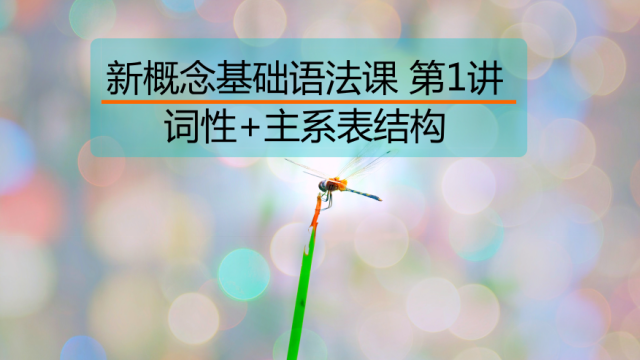When引导的过去进行时用法
一、由when引导的时间状语从句,主句用过去进行时,从句应用一般过去时;
When the teacher came in, we were talking.
老师进来时,我们正在谈话。
二、when既可表示某一点时间,也可以表示某一段时间 。在when引导的时间状语从句中,其谓语动词可以是延续性的,也可以是非延续性的,可与主句中的谓语动词同时发生,也可在其后发生。例如:
1. I was just reading a book when she came into my room.
她走进我房间时,我正在看书。
2. When he was a child he was always trying out new ideas.
他小时候就常常试验一些新的设想。
三、下面的例子是一般过去时和过去进行时比较典型的搭配,表示一个动作在发生的过程中,又有另一个动作发生,when引导的是一个时间状语从句。请看以下例句:
1. A woman saw it happen when she was walking past.
一位女子经过正好看见这件事发生
2. Jane hurt her leg when she was swimming She didn’t notice the big rock in the river.
简游泳时伤了腿,她没有注意到河里的大石头。
3. Tom dropped his camera when he was passing the bridge.
汤姆过桥时不慎将照相机掉了下去。
四、在将来时从句中,常用when,且从句须用一般时代替将来时。
1.You shall borrow the book when I have finished reading it.
在我读完这本书后,你可以借阅。
2.When the manager comes here for a visit next week,Ill talk with him about this.
下周,经理来这参观时,我会和他谈谈此事。
五、when用于表示“一……就……”的句型中(指过去的事情)。
sb.had hardly(=scarcely) done sth.when...=Hardly / Scarcely had sb.done sth.when...
1.I had hardly /scarcely closed my eyes when someone knocked at the door.=Hardly / Scarcely had I closed my eyes when someone knocked at the door.
我刚一闭上眼,就有人在敲门了。
2.I had hardly /scarcely entered my room when the telephone rang.=Hardly /Scarcely had I entered my room when the telephone rang.
我刚一走进房门,电话就响了。
- 相关热点:
- 英语时态
- 英语语法
- 英语面试常见问题及回答











